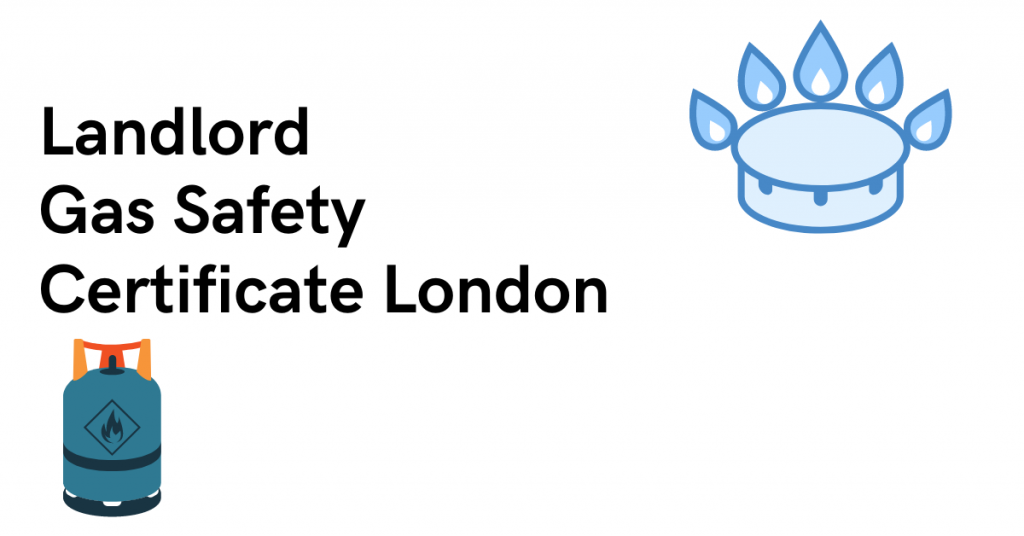This may be the document that the engineer renders after he’s serviced and safety assessed a gas appliance at a tenanted property. The record carries the advice of precisely what thorough checks were made, which appliances were checked, and whether they were found safe.
A Landlord Gas Safety Certificate can only be performed with a qualified and registered Gas Safe engineer. Copies will need to be given to both landlord and the renter. The renter must get a copy within 28 days of this test.
- The address of the house.
- An outline and location of every appliance, which has been verified.
- The title and address of the landlord.
- Any problems that may have been identified and what action is required.
Your Responsibility as a Landlord
Suppose you are a landlord and your property is designed with some gas appliances. In that case, you have three principal responsibilities for gas safety within your property. You’re accountable for maintaining the gas installations and devices, including the pipework, appliances and flues. Any job on these has to be checked by a Safe Gas engineer. Gas Safety Legislation. Each year, you have to procure a Landlord Gas Safety Certificate London. This certificate is awarded following a Gas Safety check by way of a registered engineer.
- Record-keeping. You should also give a copy to new tenants before they proceed in.
- If you are a landlord, then you have to, for legal reasons, have a gas safety test annually. This is needed for all gas appliances in each property you have.
- Suppose a gas appliance belongs to your renters. In that case, you’re not responsible for getting it assessed, even though lots of gas engineers will check all of the gas appliances they find at home.
- If you’re a homeowner, you’re not qualified legally to possess a yearly gas safety check. However, it’s still advisory to do it for your safety.
This means that as a landlord, you need to organize your Gas safety check at least monthly before the expiration date.
As a landlord or letting agent, you’re responsible for:
- Routine maintenance works the device, pipework and chimneys of a property.
- Gas appliances must be sealed concerning the frequency given within the company’s directions. In case these are unavailable, you need to ask a Gas Safe documented engineer to service them annually.
- Gas security checks will be carried out on each gas appliance/flue. This will ensure gas appliances and fittings are safer to use.
- There’s just a legal requirement to have all gas appliances safety checked by a registered engineer yearly. You also will need to keep up gas pipework and flues in a safe condition.
- A duplicate of the gas safety check needs to be supplied to a renter within 28 days of completion.
Landlords and letting agents are responsible for protecting their tenants, so they should be aware of their responsibilities about gas security and the lawful duties they hold the things they could do to safeguard their tenants.
What If I Can’t Access My Property?
When a tenant is burdensome for whatever reason and will not allow access into this property to your Landlord Gas Safety Certificate London to be carried out, you must consider all reasonable actions to get access. Gas Safety is the landlord’s responsibility, which means that you can’t only give up when the tenant refuses access.
It would help if you gave your tenant twenty-four hours’ notice, and so they need to agree to the review before it’s possible to input the house. When the tenant fails to entrance, you must keep trying. In the infrequent event that your renter won’t allow entry into this property, think about the following measures:
Send a strongly worded letter to your renter explaining why you require access into this land and what the safety evaluations will entail. It is possible to try this up to three times before taking the next step.
Contact the community council and ask if they can explain to this tenant why the Gas Safety checks are required. Frequently, hearing this from somebody “official” can encourage the renter to allow access.
Consider starting the flooding process by having a Section 21 notice.
Apply to the courts to get an injunction order to access your property.
Only in an emergency may a landlord be allowed to gain access to a property by force. This would involve situations such as a fire or flood.



